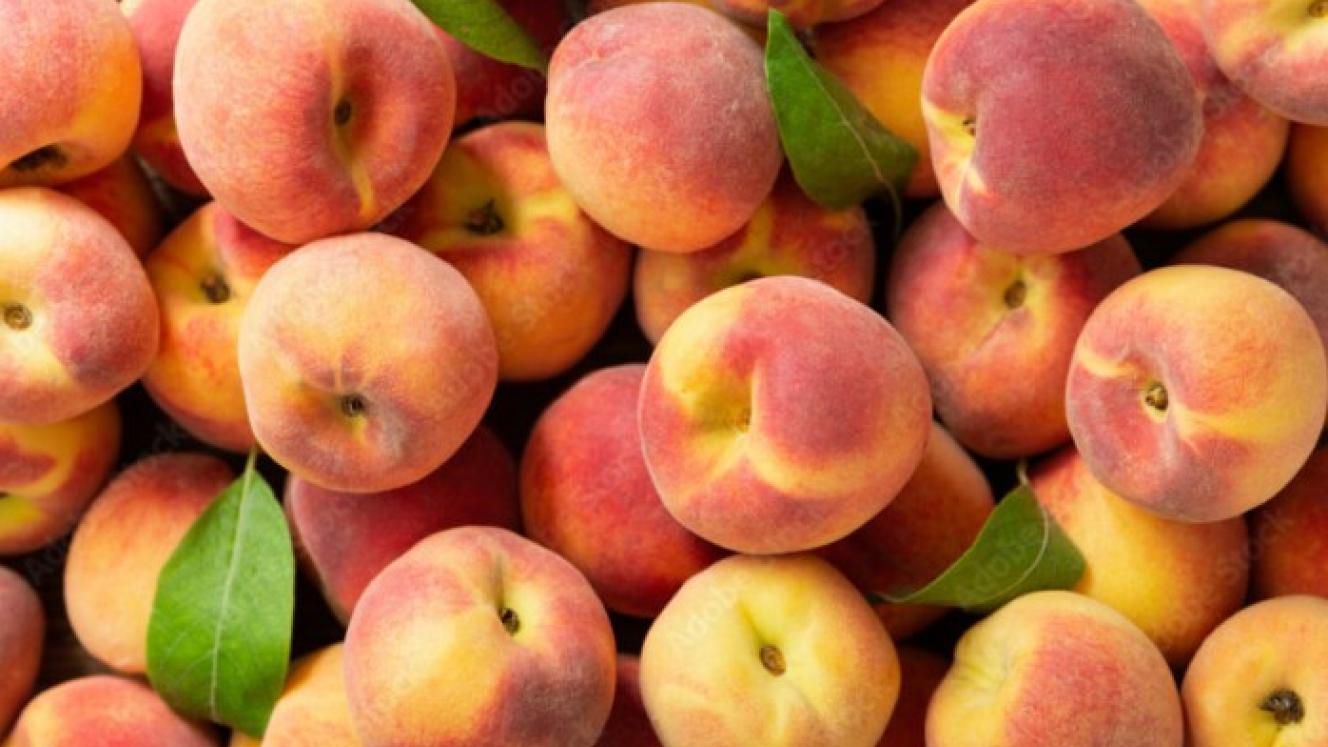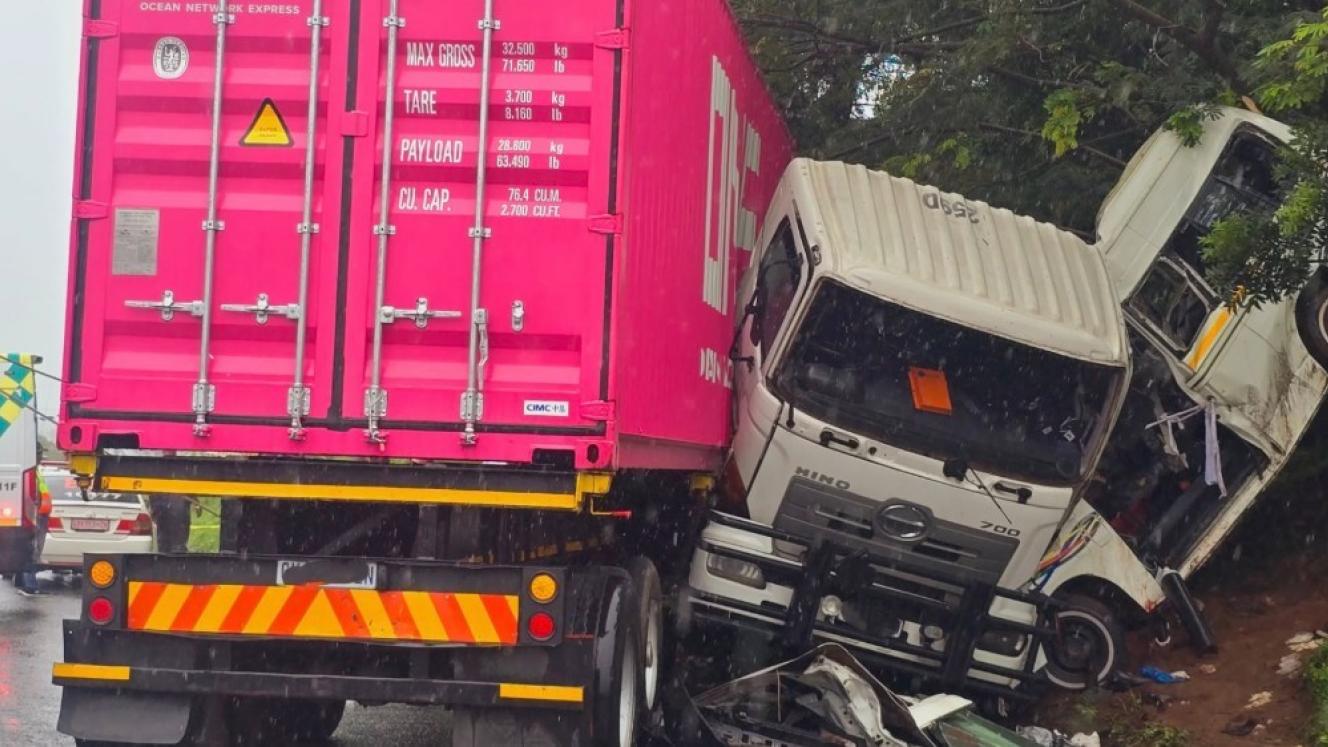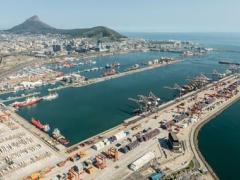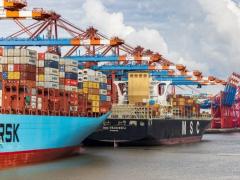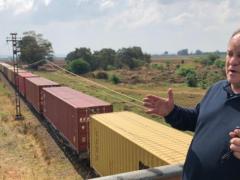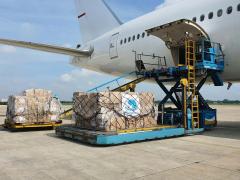The Port of Cape Town’s container terminal is bracing for the start of a busy deciduous fruit season which kicks off in November.
Transport Minister Barbara Creecy toured the terminal on Friday where she received an update on its state of readiness for the season that is forecast to achieve a 3% increase in exports of table grapes, pomegranates, stone fruits, berries, apples and pears. The season runs until the end of March.
Transnet Port Terminals (TPT) said the heightened state of preparedness was a direct result of strategic investment in state-of-the-art equipment, focused maintenance, continuous process improvement and effective people management across its facilities.
In the 2025/2026 financial year, TPT plans to spend R4 billion on five terminals across KwaZulu-Natal, Western Cape and Eastern Cape. To enhance efficiencies, the Cape Town Container Terminal has received 28 brand new rubber-tyred gantry cranes (RTGs), with nine RTGs already operational. The second set of nine machines is currently nearing the end of the commissioning stage, while the last batch of 10 is being assembled.
Western Cape Terminals managing executive, Oscar Borchards, said the terminal was ready to deliver a successful season.
“We are approaching this season with confidence following recent investments in new equipment, which we look forward to using this deciduous season. These newer machines are more resistant to wind which has been a challenge for us over the years,” Borchards said.
The new equipment boasts both anti-sway technology and diesel-electric hybrid engines.
He said the Cape Town Container Terminal would be deploying eight gangs, increasing reefer plug points, and engaging extensively with stakeholders across the value chain to align on operational plans until the end of the season in March.
“These engagements, in particular, have been key in aligning expectations, identifying potential risks early, and ensuring a coordinated approach to delivery throughout the season,” Borchards said.
Cape Town Container Terminal has also put mitigation measures in place to better manage operations during windy periods. These include close monitoring of the truck booking system when the terminal is windbound, which entails cancelling all appointments should operations be halted for longer than four hours.
The terminal will also implement a staggered approach on import/export stack dates, segregating reefers, empties and full containers to create fluidity.
“The Cape Town Container Terminal will work synergistically with the Cape Town Multipurpose Terminal to manage peak periods during the season. Smaller vessels will be redirected to the multipurpose terminal to reduce congestion at the container terminal,” TPT said.
